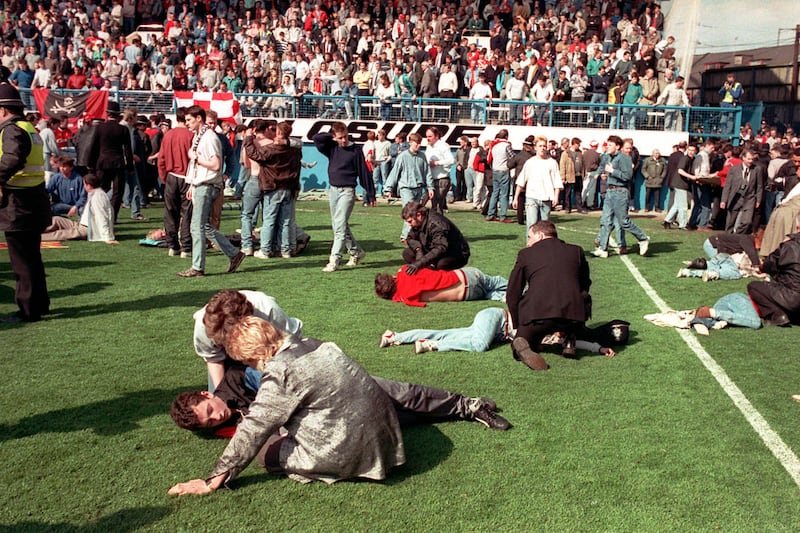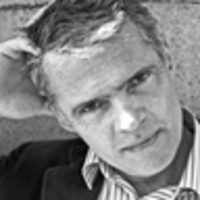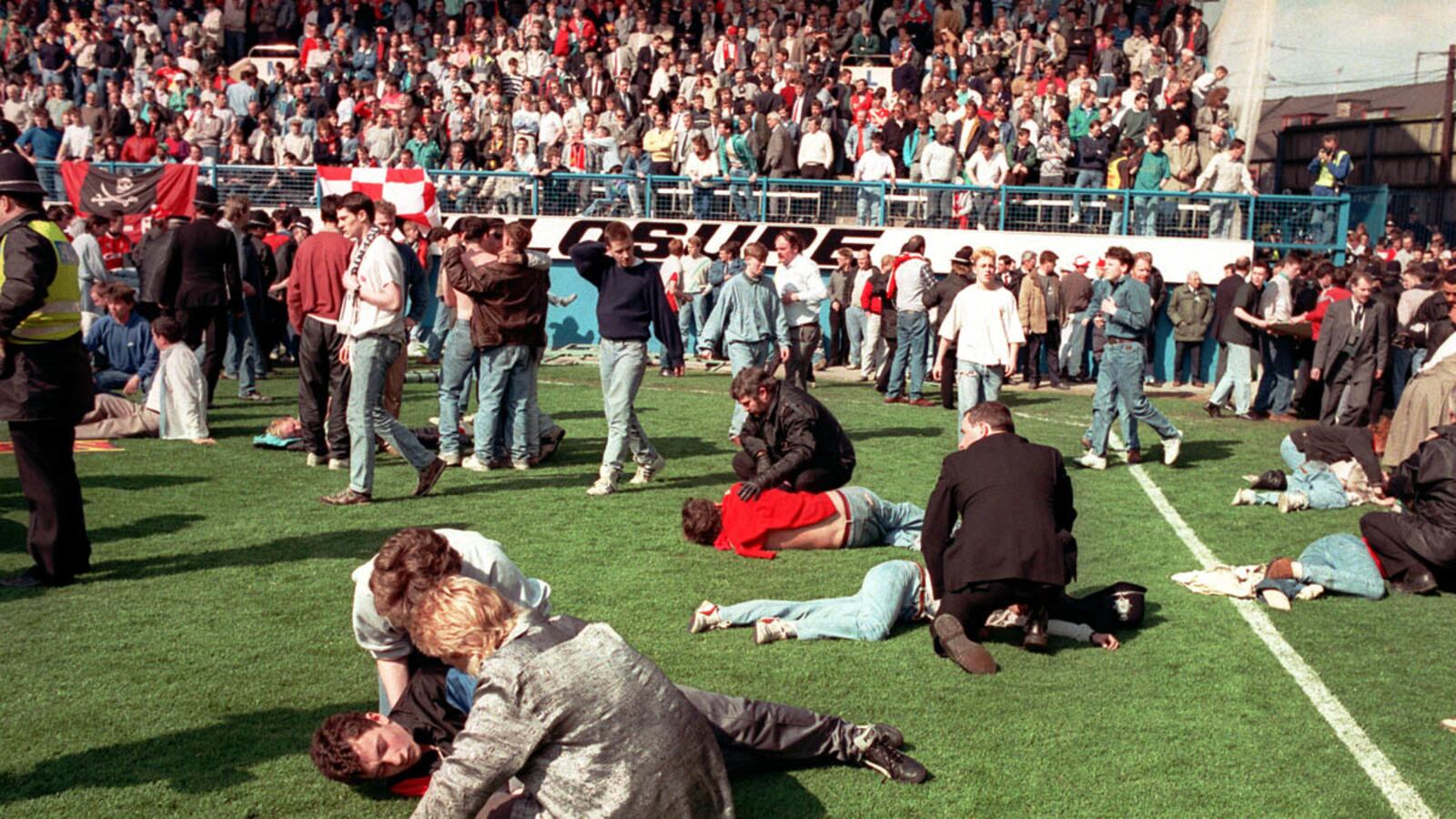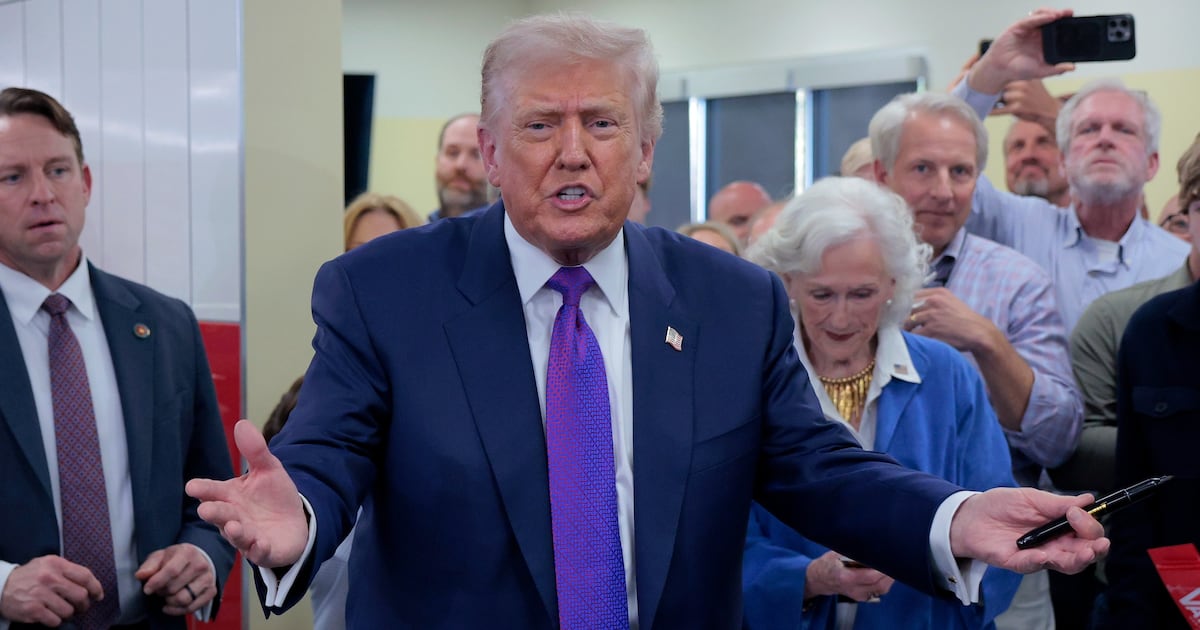One of the biggest sporting disasters in British history has now also been described as a major scandal. On Wednesday, a panel of experts investigating what happened at Hillsborough soccer stadium in Sheffield, South Yorkshire, on April 15, 1989, issued a devastating report, which found that British police and other public agencies covered up and misrepresented how 96 Liverpool supporters were crushed to death due to overcrowding during a soccer match.
Back in 1989, the death of the Liverpool fans was almost immediately blamed on the victims. British soccer at the time was rife with accusations of hooliganism—and Liverpool—as the source of major opposition against the right-wing government of Prime Minister Margaret Thatcher, was portrayed as a haven for Britain’s feckless, violent, and drunken underclass. Britain’s best-selling newspaper, The Sun, under the leadership of its chief editor, Kelvin Mackenzie, claimed that drunken fans had robbed personal belongings from the dead, urinated on them, and attacked police officers and emergency responders. Other newspapers also ran these allegations, but only The Sun put them on the front page with a blazing headline: “The Truth.”
Among the panel’s most damaging allegations is that South Yorkshire police, who were responsible for crowd control, perverted the course of justice by materially altering 164 eye witness statements about the disaster. More than 100 of those statements were altered to remove criticism of the police department. Even more tragically, medical experts concluded that up to 41 of the people who died could have “potentially survived” had they been given immediate medical attention.
For 23 years, families of the victims have been conducting a self-funded campaign to find the truth. (A previous inquiry concluded a “failure in police control” led to the disaster). Set up in 2009, the Hillsborough Independent panel had no power to subpoena witnesses, but did have access to 400,000 official documents.

Its conclusions have shocked the British public. One document showed that a senior Tory MP, Sir Irvine Patnick, was in contact with senior ministers in Thatcher’s government within minutes of the disaster. He later relayed false rumors that drunken fans had desecrated the dead and attacked a police officer. Today the mayor of Liverpool, Joe Anderson, has called for Patnick to be stripped of his knighthood, while the former MP admitted: "It is now clear that the information I received from some police at the time was wholly inaccurate, misleading, and plain wrong.”
Yesterday, Prime Minister David Cameron called the Hillsborough tragedy and its coverage a double injustice. Even Kelvin Mackenzie offered a profuse apology acknowledging that his headline—based on reports from South Yorkshire police—should have been called “The Lies.”
Previous reports about the inquiry, which leaked back in March, showed that senior police officers were involved in the cover-up and in contact with the highest reaches of the Thatcher government. Such a concerted campaign of misrepresentation will be hard to chalk up to the actions of a few rogue police officers. Though they have no written proof, the families of the victims said at a press conference today that the cover-up went to the highest levels, including the prime minister and her advisers.
Already, more inquiries appear to be on the way. Britain’s attorney general is reviewing a 1990 coroner’s verdict of “accidental death” for the 96 victims, which may open up another inquest and the possibility of further charges, including those of unlawful killing. South Yorkshire Police are opening disciplinary and possible criminal investigations into the alleged conspiracy to pervert the course of justice.
Ed Miliband, the leader of the opposition, called today for a full public inquiry, on the scale of the Leveson Inquiry into media ethics which that followed the phone-hacking scandal last year. Like phone hacking before it, the Hillsborough report draws attention to the longstanding cozy relationship between politicians, the police, and the media in suppressing potential criminal wrongdoing—only in this case the victims of the smear are no position to fight back. “It was one of the biggest scandals I can remember,” said former Sun editor David Yelland in an interview with The Daily Beast. “No one should remain silent.”






